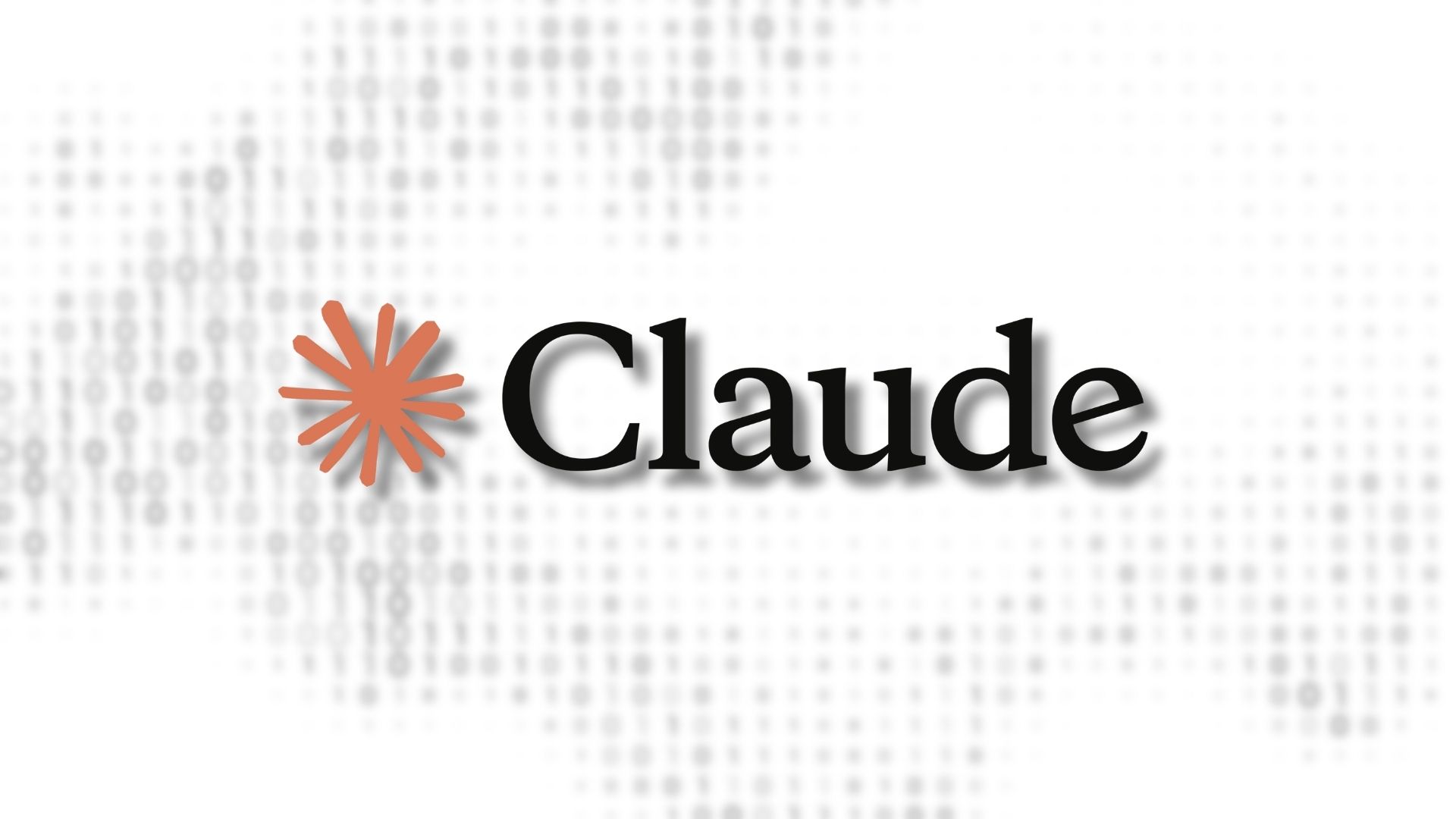Anthropic has released Claude Opus 4.6, its most advanced AI model to date, introducing significant improvements in coding performance, reasoning depth, and long-context comprehension.
Engineering workflows stand to benefit from stronger debugging, code review, and better large-scale repository management, while agentic task execution now runs for more extended periods with greater reliability.
The model’s 1M token context window, now in beta, enables sustained reasoning across vast datasets and extended conversations. Performance gains span multiple benchmarks, leading in agentic coding, multidisciplinary reasoning, and high-value knowledge work.
Information retrieval in long documents has also improved, addressing persistent industry concerns around context degradation.
Operational capabilities extend beyond software development into enterprise productivity. Financial analysis, research, and document workflows gain direct support, with spreadsheet and presentation integrations enhancing daily business use.
Within Claude Code, newly introduced agent teams allow multiple AI agents to collaborate autonomously on complex workloads.
Safety remains central, with expanded evaluations showing low misalignment risk backed by interpretability research and cybersecurity safeguards. Additional tools- adaptive thinking, effort scaling, and context compaction- add flexibility for deploying long-running AI systems at scale.
Would you like to learn more about AI, tech and digital diplomacy? If so, ask our Diplo chatbot!










